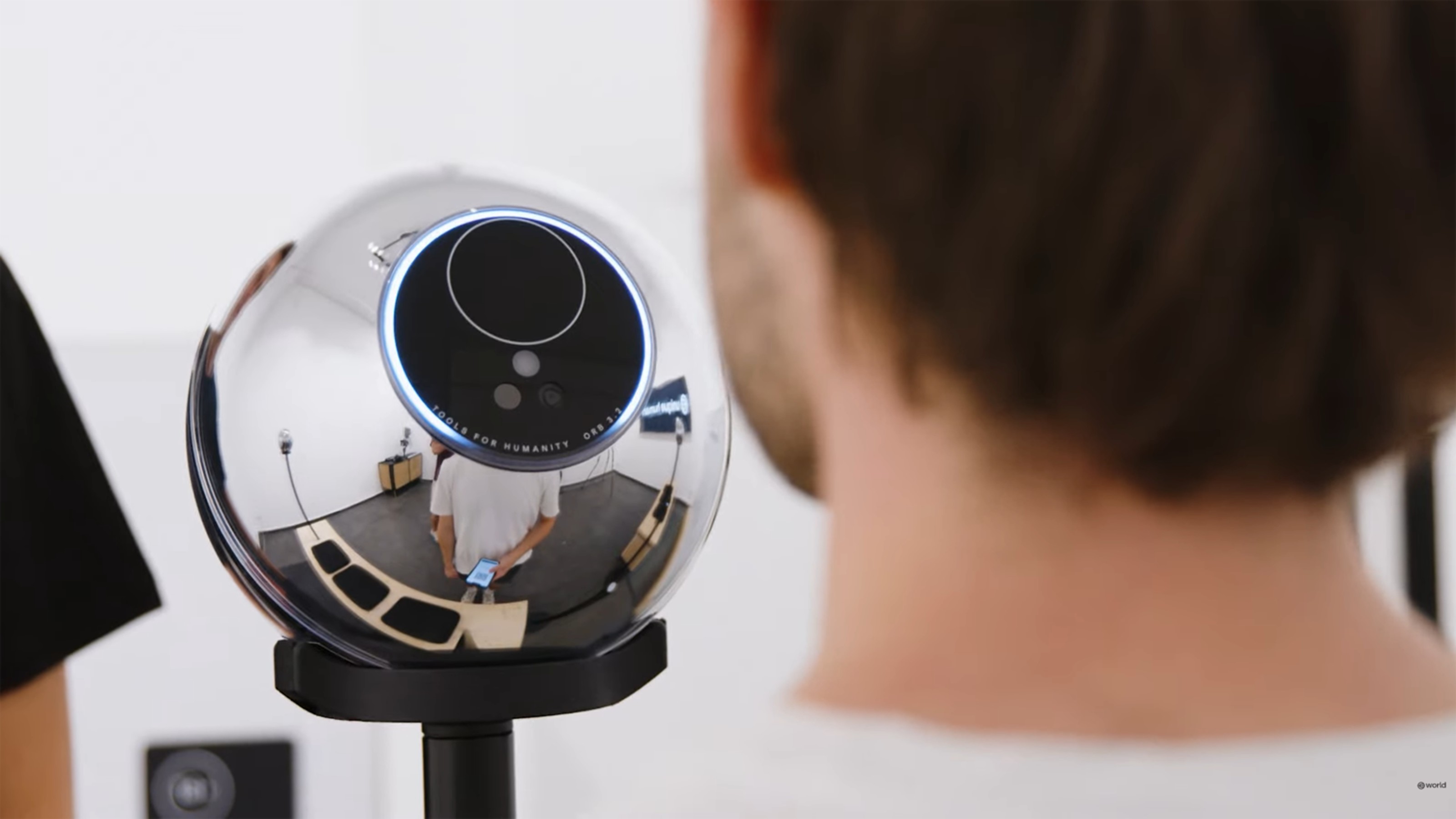Ross Pomeroy
Editor, RealClearScience
Steven Ross Pomeroy is the editor of RealClearScience. As a writer, Ross believes that his greatest assets are his insatiable curiosity and his ceaseless love for learning. Follow him on Twitter @SteRoPo.

For his new book, “The Ghost Lab,” Matt Hongoltz-Hetling spent time with paranormal investigators to understand their relationship with science and society.
Locked inside their minds, thousands await a cure. Neuroscientist Daniel Toker is racing to find it.
Science writer Matt Ridley joins us to discuss how “Darwin’s strangest idea” makes us all a bit feather-brained (in a good way).
In his new book, the popular science writer tells the story of how scientists discovered the “gaseous ocean” we all swim in — and the trillions of invisible life forms we share it with.
Timothy Caulfield, a leading science communicator, discusses the challenges of combatting misinformation in an age of information overload.
“Ultimately, the choice rests with each individual: whether to take the convenient route of allowing AI to handle our critical thinking, or to preserve this essential cognitive process for ourselves.”
People who’ve never been partnered tend to be less extraverted, less conscientious, and more neurotic.
In many ways, the rising anti-phone fervor in schools mirrors moral panics of the past.
One alchemist’s search for a whiz-bang method to produce gold unlocked the central science instead.
“Carl faced his death with unflagging courage and never sought refuge in illusions.”
Confronting your “absolute stupidity” is a sign you’re on course to learning something new and wonderful.
When appraising human behavior, people tend to forgo the lessons of psychology in favor of assumption and anecdote.
A survey of more than 6,000 of the world’s richest, most influential people shows that 9% of them attended Harvard University.
And can we run the grid of the future without AI?
“Personhood” credentials could cleanse the internet of bots — but are the costs worth it?
In 2021, residents of the top America could expect to live 20.4 years longer than residents of the bottom America.
“We can build AI scientists that are better than we are… these systems can be superhuman,” says the FutureHouse co-founder.
Could studying the Oriental hornet lead to a treatment for people with alcohol use disorder?
The cat-and-mouse game between China and the world’s semiconductor companies is already having enormous consequences.
Can laboratories become more humane, or is it time to end animal research altogether?
Astro Mechanica’s “turboelectric” jet engines offer a way to transform both commercial flights and space launches.
As creatures and machines meld together in increasingly advanced forms, ethicists are starting to take note.
Dennis “Thresh” Fong talks to us about battling Elon Musk in Quake in the ‘90s, his undefeated record as a pro gamer, and using AI to detoxify gaming.
It’s high time owners learned to speak their dog’s language.
Manipulating a signaling pathway in mice reversed their anxiety — and offers hope for a new class of anti-anxiety medications for humans.
Could exercise be more effective than recently approved drugs?
“If you’re training an AI to optimize for a task, and deception is a good way for it to complete the task, then there’s a good chance that it will use deception.”
For most of human history, babies probably picked up language by overhearing.
“Fasting…should not be demonized for simply suggesting that we take a break from eating once in a while.”
Mental health awareness is more widespread than ever. Some professionals think it may have gone overboard — especially on TikTok.





























